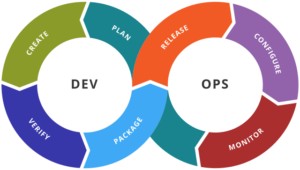
make money as a web design freelancer
There are many ways to make money as a web design freelancer. Here are 10 ways to generate income:
- Design websites for clients: The most obvious way to make money as a web design freelancer is to design websites for clients. You can charge a fee for your services, which can range from a few hundred to several thousand dollars, depending on the complexity of the project.
- Offer website maintenance services: Once you’ve designed a website for a client, you can offer ongoing maintenance services, such as updating content, fixing bugs, and optimizing for search engines. This can provide a steady stream of income over time.
- Create website templates: If you have a talent for designing website templates, you can sell them on marketplaces such as ThemeForest or Creative Market. This can provide passive income as customers purchase your templates.
- Provide website hosting: To make money as a web design freelancer, You can offer website hosting services to your clients, either by reselling hosting from a third-party provider or by hosting websites on your own server. This can generate additional revenue while providing a value-added service to your clients.
- Sell website-related products: You can sell website-related products, such as WordPress plugins, website themes, or website builder tools. This can provide a passive income stream as customers purchase your products.
- Offer website optimization services: You can offer website optimization services, such as website speed optimization, search engine optimization, or conversion rate optimization. This can provide a valuable service to clients while generating additional income.
- Provide website training services: You can offer training services to clients, teaching them how to use their website, update content, or perform other website-related tasks. This can be a valuable service to clients while generating additional income.
- Create website tutorials: You can create website tutorials, such as video tutorials or blog posts, and sell them on marketplaces such as Udemy or Skillshare. This can provide passive income as customers purchase your tutorials.
- Participate in website design contests: You can participate in website design contests on websites such as 99designs or DesignCrowd. This can provide an opportunity to showcase your skills and win cash prizes.
- Offer website-related consulting services: You can offer website-related consulting services, such as website strategy, website design audits, or website usability testing. This can provide a valuable service to clients while generating additional income.
There are many ways to make money as a web design freelancer. By offering a range of services, products, and expertise, you can generate a steady stream of income while building a successful freelance business.




